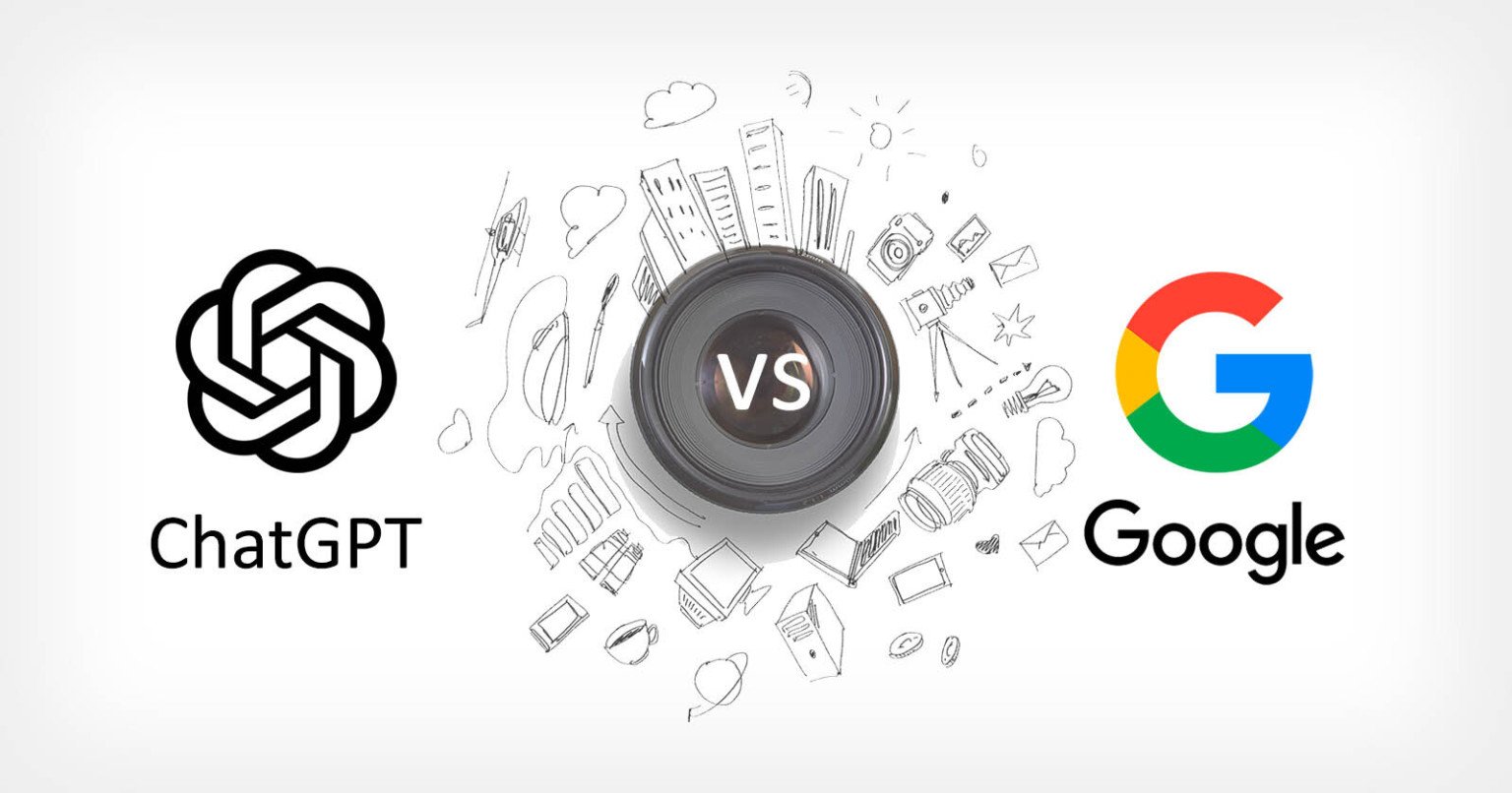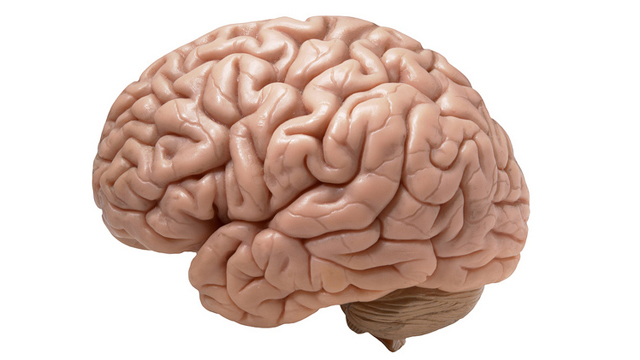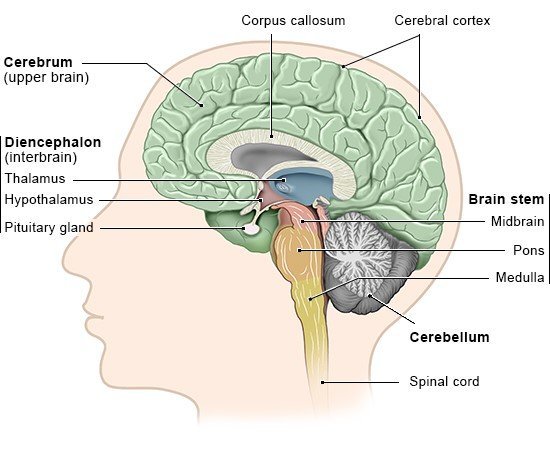For more than two decades, one name has defined the way we find information: Google. Whenever we are curious, lost, or seeking answers, we turn instinctively to its familiar search bar. It is not just a tool; it is a habit, a cultural reflex, a verb. To “Google” something became synonymous with knowing, with instantly connecting to the collective knowledge of humanity.
But today, a new digital force has entered the conversation—one that doesn’t just point you toward information but speaks to you, reasons with you, and adapts to your needs in real time. That force is ChatGPT and other AI-driven conversational systems. For the first time, Google’s dominance as the gatekeeper of the world’s information is being meaningfully questioned.
The central question, once unthinkable, now emerges: Could AI chatbots replace the search engine as we know it? Are we standing at the threshold of a new era of human–machine interaction where typing a query into Google might feel as outdated as looking up a number in a phonebook?
This is not simply a battle of companies or technologies—it is a shift in how humans relate to knowledge itself. To understand this moment, we must explore the differences between Google and ChatGPT, their strengths, their weaknesses, and the deeper implications for society, truth, and the future of information.
What Google Gave the World
When Google appeared in 1998, the internet was a vast, chaotic ocean of text. Other search engines existed—Yahoo!, AltaVista, Ask Jeeves—but they struggled to provide accurate, relevant, and efficient results. Google’s innovation was deceptively simple yet revolutionary: PageRank, an algorithm that determined the importance of web pages by analyzing how many other pages linked to them. In essence, it used the web’s own structure to organize knowledge.
Suddenly, finding information online became faster, more reliable, and more intuitive. Google became not only a tool for research but a cultural foundation. From trivial curiosities to life-changing decisions, we learned to consult Google first.
Over time, it evolved beyond simple search. It added maps, email, cloud storage, shopping, images, videos, and more. Google was no longer just a gateway—it became an ecosystem. Yet at its core, the Google search engine still functioned as a librarian, directing you toward the shelf where your answer might be found, rather than reading and summarizing the book for you.
The Rise of AI Conversations
Enter ChatGPT. Unlike Google, which returns a ranked list of links, ChatGPT responds with a direct answer in natural language. It doesn’t send you off to browse multiple sources; it distills knowledge into a conversation.
This shift is not merely technical but psychological. When you type into Google, you search. When you talk to ChatGPT, you converse. The experience feels personal, almost human, as though knowledge itself is sitting across from you, ready to explain, clarify, and even empathize.
Built on large language models (LLMs), ChatGPT is trained on vast amounts of text data. Instead of indexing web pages, it learns patterns of language and meaning, allowing it to generate responses that are coherent, context-aware, and often deeply insightful. In essence, it does not point to knowledge—it embodies it in conversation.
Two Paths to the Truth
The difference between Google and ChatGPT is like the difference between a map and a guide. Google hands you a detailed map, showing all the possible roads you could take, with advertisements and landmarks along the way. ChatGPT, by contrast, is a guide walking beside you, interpreting the terrain, answering questions, and tailoring the journey to your needs.
Yet each approach has strengths and weaknesses.
Google’s strength lies in breadth and freshness. It constantly indexes the living internet, updating by the second, pulling in breaking news, and linking directly to original sources. When you want the latest developments on an unfolding event, Google excels.
ChatGPT’s strength lies in depth and synthesis. It can take fragmented pieces of information and weave them into a coherent explanation. It can summarize complex scientific papers, draft creative ideas, tutor you in mathematics, or help you write code. Its knowledge is not a scattered sea of links—it is structured into human-like conversation.
But ChatGPT faces challenges. Unlike Google, which provides citations, ChatGPT often generates answers without clear sourcing. This raises questions about accuracy, reliability, and trust. Google may overwhelm with too much information, but ChatGPT risks oversimplifying or even “hallucinating” facts.
The Human Experience of Knowledge
At the heart of this comparison lies something more profound than algorithms: the human experience of seeking knowledge. For centuries, humans have sought intermediaries to guide their quest for truth—teachers, priests, librarians, scholars. Google became one such intermediary, vast and powerful but ultimately impersonal. ChatGPT introduces a different model—an assistant that listens, adapts, and communicates in our own language.
The emotional experience matters. When a student struggling with calculus finds reassurance in ChatGPT’s step-by-step explanation, it feels different from skimming through forum posts on Google. When a writer sparks new ideas through dialogue with an AI, the process feels collaborative, not merely extractive. The rise of conversational AI represents not just a technical upgrade but a transformation in how we emotionally connect to information.
The Business of Search vs. Conversation
Behind the user experience lies another battlefield: economics. Google’s empire is built on advertising. Each search result page is carefully optimized to show ads relevant to your query. This model has made Google one of the wealthiest companies in history.
ChatGPT, however, disrupts this model. Instead of browsing multiple pages, a user might find their answer in a single conversational exchange. This reduces the opportunities for advertising and redirects attention away from traditional web traffic. If conversational AI becomes the norm, billions of dollars in advertising revenue could shift—or evaporate entirely.
Tech companies recognize this. Microsoft, for example, has invested heavily in integrating AI chat into Bing, while Google itself has scrambled to launch Bard and other AI systems to defend its dominance. The stakes are nothing less than the future of the internet economy.
Accuracy, Trust, and the Battle for Truth
The central question, however, is not who profits but what is true. Google, despite its flaws, typically directs users toward primary sources—articles, research papers, news outlets. Users must evaluate these sources themselves, but at least the trail of evidence is visible.
ChatGPT, by contrast, blends information into seamless prose. This makes it easier to digest but harder to verify. When ChatGPT is right, it feels like magic; when it is wrong, the errors can be invisible, slipping past our skepticism.
The risk is subtle but profound: If people begin to rely on AI conversations as their primary source of truth, how will we maintain a culture of evidence and verification? Will we become passive consumers of knowledge rather than active seekers? The challenge of misinformation is not new, but AI intensifies it, making the line between truth and fabrication blurrier than ever.
The Democratization of Expertise
Yet the potential of ChatGPT cannot be dismissed. For many people, expertise has always been locked behind barriers—unreadable academic papers, expensive tutors, or inaccessible jargon. ChatGPT lowers these barriers, offering explanations in plain language, tailored to the learner’s level.
A child curious about black holes can ask ChatGPT and receive an answer crafted for their understanding. A non-English speaker can converse in their own language. A small business owner without technical skills can draft contracts, write code, or generate marketing copy with AI assistance.
In this sense, ChatGPT is not just an alternative to Google but an amplifier of human potential. It extends expertise to those who might otherwise be excluded. If Google democratized access to information, ChatGPT democratizes access to understanding.
The Future of Hybrid Knowledge
Will ChatGPT replace Google? The answer may be more complex than either-or. What we are witnessing is likely the birth of a hybrid model. Search engines will evolve to include conversational interfaces. AI chatbots will integrate live data and provide citations. The line between searching and conversing will blur until the distinction itself fades.
Imagine a future where you ask your AI assistant about climate change. Instead of a page of links or a free-floating essay, it provides a conversational explanation, cites the latest research, and even links you directly to peer-reviewed studies if you wish to dig deeper. This fusion of depth, trust, and interactivity could redefine the very act of learning.
The Ethical Frontier
As with all technological revolutions, the rise of AI chatbots carries ethical dimensions. Who controls these systems? Whose biases shape their training data? How do we prevent monopolies from distorting truth? How do we ensure transparency when AI systems generate content rather than merely curating it?
The questions are urgent because the stakes are so high. Information is power, and whoever controls the gateways to information controls society’s understanding of reality. If the age of Google centralized knowledge in search, the age of AI risks centralizing knowledge in conversation. The need for oversight, diversity of systems, and ethical safeguards has never been greater.
A Turning Point in Human Knowledge
The contest between Google and ChatGPT is not just a corporate rivalry—it is a turning point in human history. It is the moment when our relationship to knowledge itself is shifting. Search, once the pinnacle of discovery, may soon be remembered as only the first stage of the digital journey. Conversation may become the new paradigm, with machines that do not merely answer but engage, not merely inform but understand.
And yet, one truth remains: no machine can replace the human spirit of curiosity. Whether through Google or ChatGPT, it is our questions that drive the quest, our hunger for meaning that fuels the search. The tools will change, but the fire of wonder burns the same.
Conclusion: Beyond Search, Toward Dialogue
So, is ChatGPT the new search engine? The answer is yes—and no. It is not a simple replacement but a transformation, an evolution of how we interact with knowledge. Google will not vanish overnight, but its dominance will no longer be unquestioned. ChatGPT and systems like it represent the next frontier: a world where information speaks back, where learning feels alive, where knowledge is no longer something we search for but something we converse with.
The age of the search bar may one day give way to the age of dialogue. And in that dialogue lies a deeper truth: the future of knowledge is not about machines alone, but about how we, as humans, choose to ask, to listen, and to learn.






